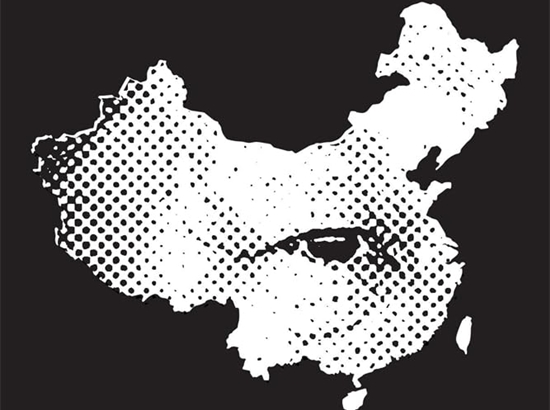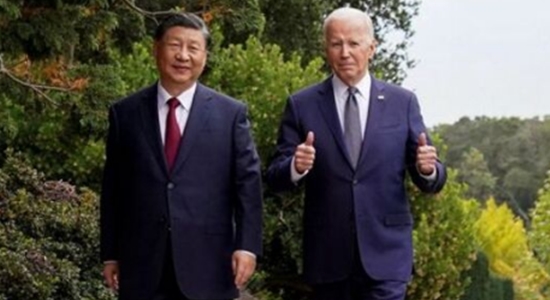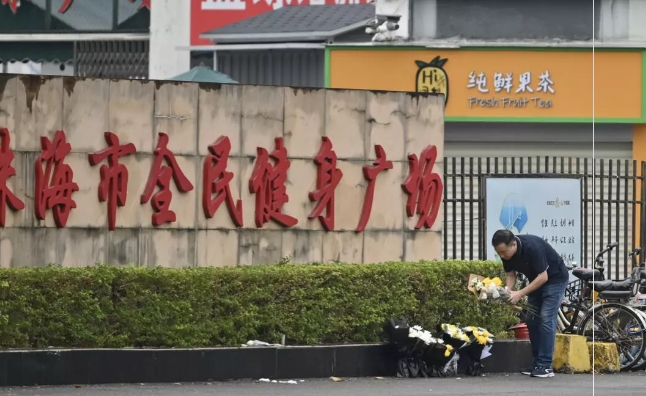
A new book on China’s “sentinel state” argues that both advanced technology and a vast network of spies and police—of people laboring for the state—have enabled its surveillance to be ubiquitous and effective.
According to the publisher’s description at Amazon:
Following the 1989 Tiananmen uprising, the Chinese Communist Party invested immense resources in a coercive apparatus operated by a relatively small number of secret police officers capable of mobilizing millions of citizen informants to spy on those suspected of disloyalty. The CCP’s Leninist bureaucratic structure―whereby officials and party activists penetrate every sector of society and the economy, from universities and village committees to delivery companies, telecommunication firms, and Tibetan monasteries―ensures that Beijing’s eyes and ears are truly everywhere.
While today’s system is far more robust than that of years past, it is modeled after mass surveillance implemented under Mao Zedong and Chinese emperors centuries ago.
Chinese officials have ignored optimistic and, in retrospect, blinkered Western predictions that their government would naturally become more politically liberal and democratic once the country had somewhat and selectively liberalized its economy and so become more prosperous. Instead, the Chinese Communist Party has exploited China’s expanded wealth to expand, intensify, and refine the physical and human means of domestic and international intrusion.
The book is The Sentinel State: Surveillance and the Survival of Dictatorship in China by Minxin Pei. Its first paragraph reports that in 2017, a BBC reporter challenged the Chinese police to find him after he tried to get himself lost. They were able to locate him wandering the streets of Guiyang, a city of five million, within seven minutes by using a photo of the reporter, surveillance cameras, and facial-recognition technology.
A totalitarian communist state that smothers almost all market processes and possibility of capital accumulation and intensification of the division of labor would have a hard time effectively operating a telescreen in every room. But a totalitarian fascist state that permits enough profit-seeking and economic exchange to generate a functioning economy may be able to exploit a fund of capital and both homegrown and imported technology in conjunction with manpower to make the telescreens—i.e., the online and offline surveillance—work.
Foreign Policy has published an excerpt from the book. According to the author:
Beijing’s approach to taming the information revolution is unique: It has focused on controlling access to the internet, not just censoring its content. Chinese authorities prioritize knowing who is online—and this allows them to identify, track, intimidate, and punish those who are potential threats.
This concept—which the Chinese state calls “battlefield control”—underpins one of Beijing’s most widely used surveillance tactics both online and offline. For the Chinese Communist Party (CCP), which sees suppressing any threats to its power as a life-and-death struggle, cyberspace is a new battlefield. And the CCP doesn’t just rely on technology to control it. It also uses technology to know where and when to deploy extra police manpower to the front lines of its war for public control, whether those are train stations, shopping malls, hotels, or universities….
Cyber police pay special attention to users designated as “key individuals,” people placed on a blacklist by local authorities for engaging in activities viewed as threats to regime security and public safety. These likely overlap with political dissidents, liberal scholars, human rights activists, members of illegal religious organizations, and practitioners of Falun Gong and other movements deemed by the state as “evil cults.” Key individuals also reportedly include some well-known pro-government personalities, indicating the party’s paranoia about individuals with a significant public following regardless of their political loyalty.
Detailing how the CCP goes about deploying the men and the technology to establish battlefield control over its subjects is a major purpose of the book. A major conclusion is that “we must never underestimate the party’s determination to perpetuate its rule—or its capabilities for doing so.”
Also see:
The Intercept: “How U.S. Tech Giants Are Helping to Build China’s Surveillance State”
“An American organization founded by tech giants Google and IBM is working with a company that is helping China’s authoritarian government conduct mass surveillance against its citizens, The Intercept can reveal.”
StopTheChinazis.org: “The Chinazi Threat”
“Under fascism, the state often permits individuals to own property (at least nominally) and produce wealth, rather than simply confiscating everything and shunting people into collective farms or other communizing projects. So there are both food and iPhones in modern China. But the individual’s control over property is always subject to a fascist state’s sweeping regimentation and repression.”









